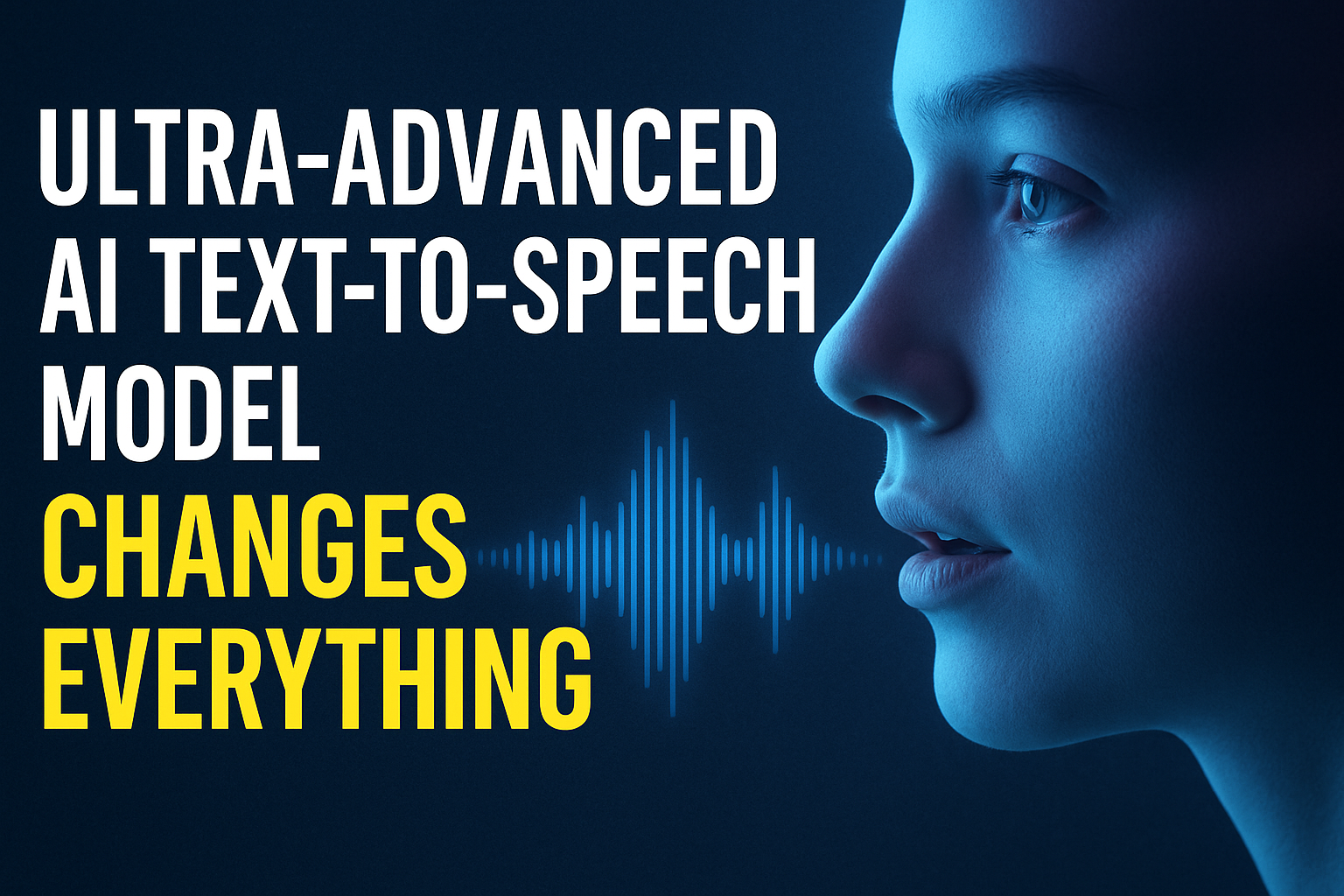ElevenLabs Eleven v3:
Why This AI Text-to-Speech Model Changes Everything
In an era where AI-generated voices often sound flat and lifeless, ElevenLabs has just flipped the script. On June 5, 2025, ElevenLabs announced Eleven v3 (Alpha), which they’re calling “the most powerful text-to-speech (TTS) model to date.” And after tinkering with it, I have to agree: the shift from a robotic “synthesized” voice to a lifelike performance is nothing short of astonishing.
What Makes Eleven v3 Different? At its core, Eleven v3 isn’t just another voice generator—it’s a voice artist. Leveraging deep neural networks and advanced prosody control, it delivers speech that captures subtle emotions, pauses, and inflections. Want a confident announcer voice for a product demo? Eleven v3 nails it. Need a gentle, soothing tone for a bedtime story? It can do that too. This versatility comes from precise control knobs for pitch, speed, and emphasis, allowing anyone—from hobbyist podcasters to professional studios—to craft exactly the vibe they want.
Why Traditional TTS Falls Short Most TTS engines focus on intelligibility, not personality. That means they can pronounce words clearly but often read them in a monotone, making long listening sessions feel like an endurance test. Eleven v3 turns this approach on its head by prioritizing naturalness. Through a combination of massive training datasets and emotion-tagged voice samples, the model learns how we humans actually speak—hesitations, laughter, breaths, and all. The result? A voice that doesn’t just read text but performs it.
Real-World Applications Already Buzzing
The Catch: It’s Alpha, But Promising ElevenLabs notes that Eleven v3 (Alpha) is still in early stages. Creators who sign up for access might encounter occasional glitches—phrases that sound slightly off or sentences where pacing feels rushed. But these hiccups are rare, and ElevenLabs says feedback from Alpha users will drive rapid improvements. Within a few months, they aim to roll out a more polished beta, complete with API support for seamless integration into apps and websites.
Navigating Ethical Concerns With great power comes great responsibility. Lifelike AI voices raise questions about deepfake audio and unauthorized impersonations. ElevenLabs insists it’s building ethical safeguards—voice keys and watermarking techniques that trace audio back to its AI origin. For now, though, creators should remain mindful: always use consented voice data and clearly label AI-generated content.
Bottom Line ElevenLabs Eleven v3 isn’t just “another TTS model.” It’s a peek at a future where AI voice actors are as common as stock photo libraries. Whether you’re a small-time creator looking to jazz up your YouTube videos or a big-name studio seeking cost-effective voiceover solutions, Eleven v3 marks a turning point. The days of robotic-sounding AI may be numbered—thanks to ElevenLabs, the AI voice renaissance starts now. Source: ElevenLabs Launches Eleven v3 (Alpha) medium.com
